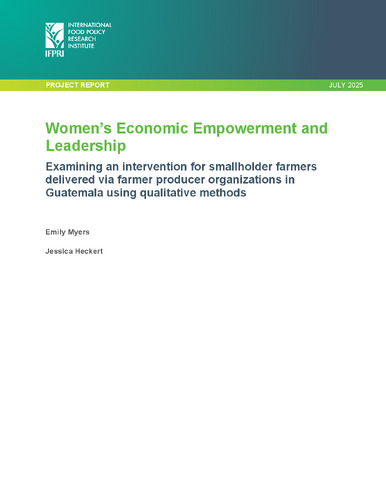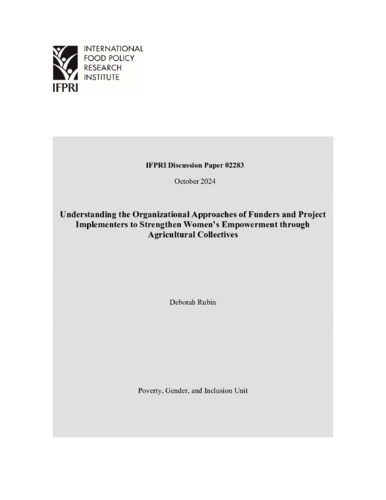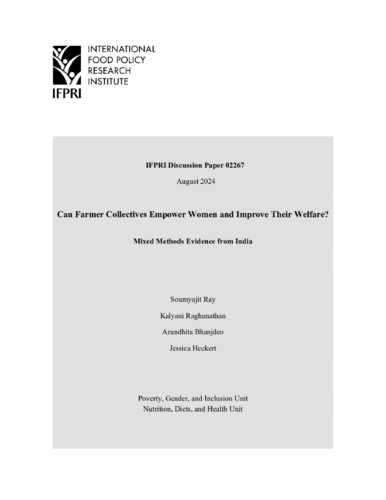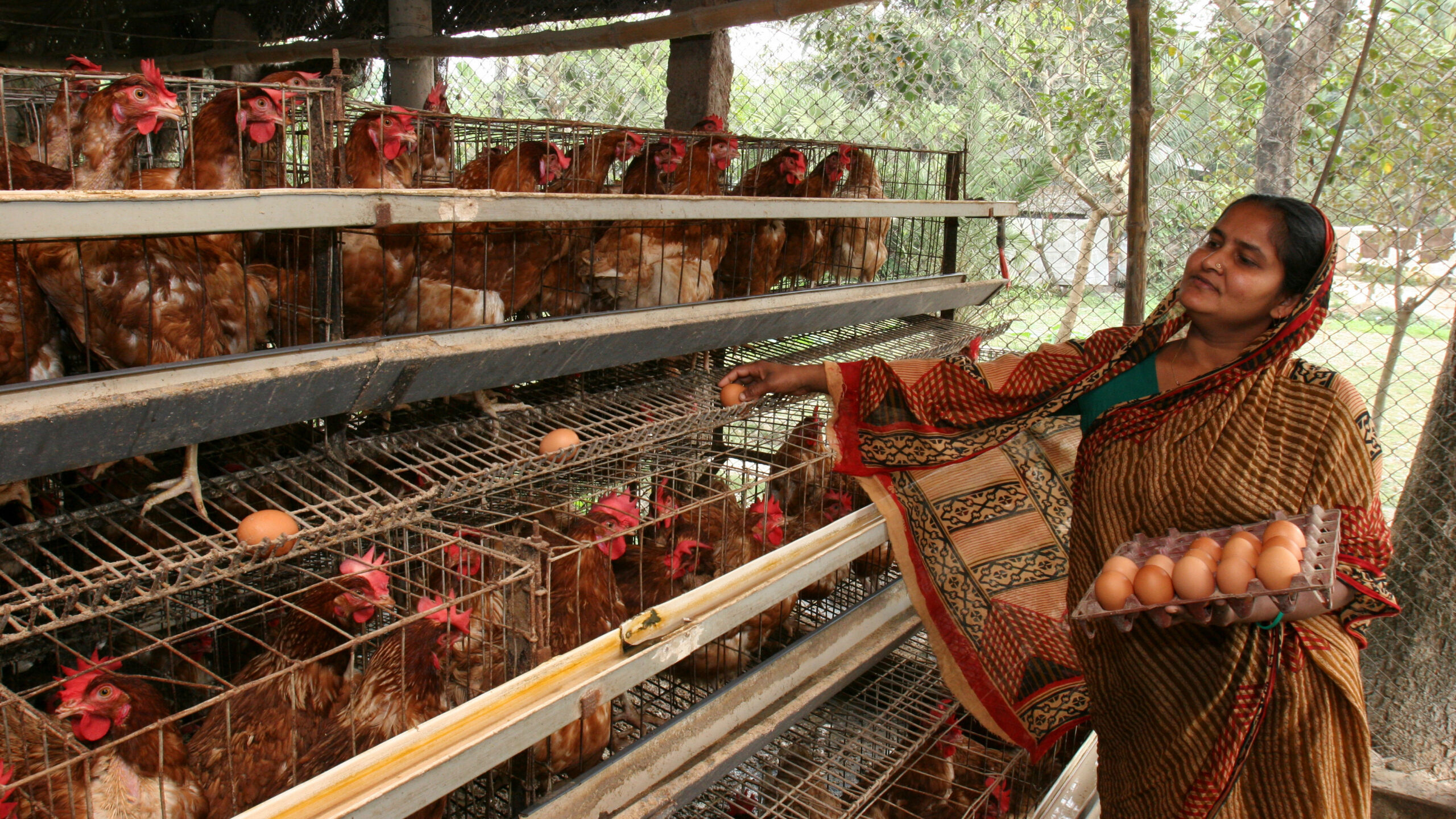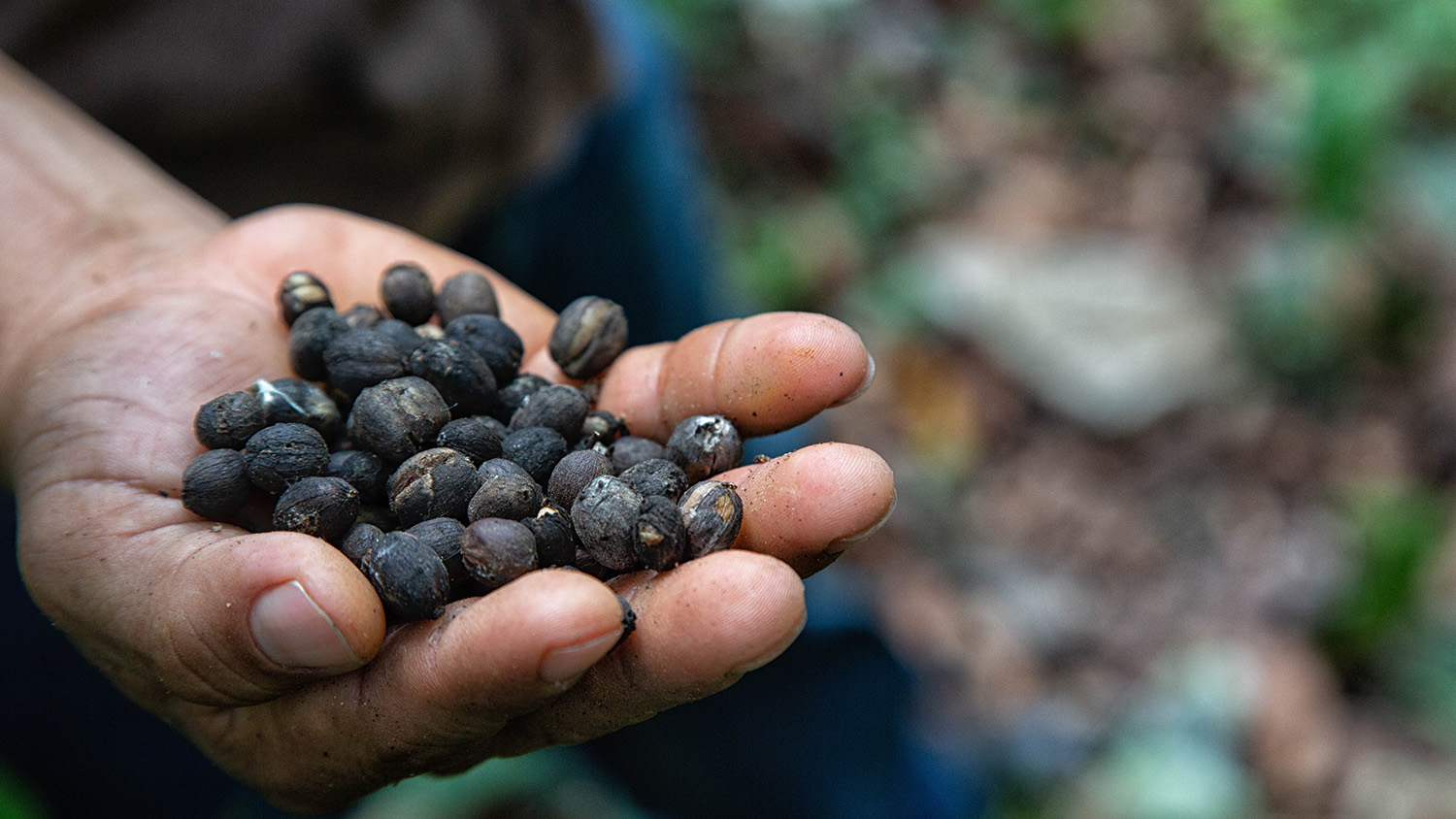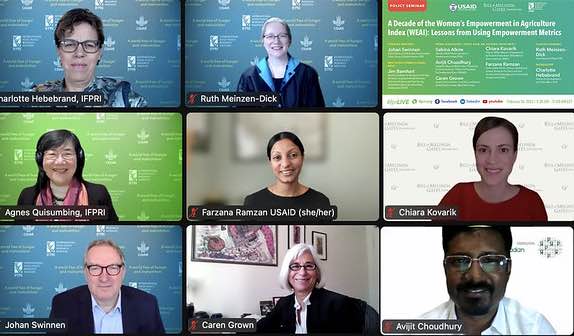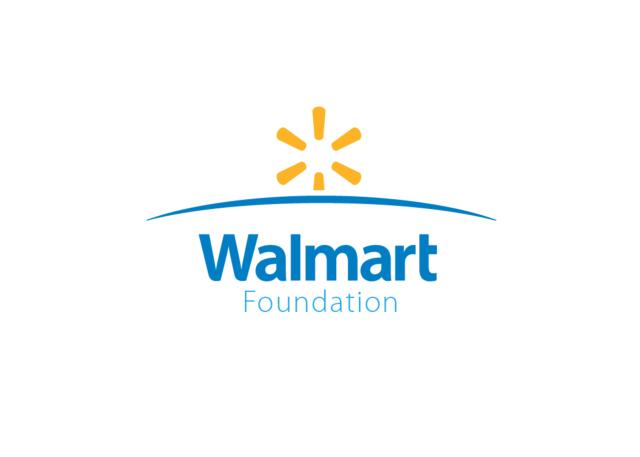Women’s economic empowerment and leadership: Examining an intervention for smallholder farmers delivered via farmer producer organizations in Guatemala using qualitative methods
Women work across multiple nodes in agricultural value chains, though their participation in value chains varies within and across contexts and their contributions are often underrecognized (Malapit et al., 2020; Quisumbing et al., 2021). Addressing issues such as weak economic growth, climate change, and hunger will require strengthening agricultural value chains, though doing so without a gender-sensitive lens may exacerbate existing gender inequalities within them (Rubin & Manfre, 2014). Development practitioners seeking to strengthen agricultural value chains are increasingly interested in programs that use group-based approaches, as they may reach many people efficiently using such a strategy. However, there is not much evidence on how to increase women’s economic opportunities in agricultural value chains and bolster women’s leadership within the context of group-based interventions.
TechnoServe, with funding support from the Walmart Foundation, began implementing the Smallholder Market Access (SMA) program in Guatemala and Nicaragua in 2019. The goal of this program was to work with farmer producer organizations (FPOs) and affiliated smallholder farmers in fresh produce agricultural value chains (AVCs) to increase the productivity, profits, and the market share of FPOs among smallholder farmers. The program also sought to strengthen women’s inclusion in AVCs, leadership, and empowerment by offering both gender-responsive and gender-transformative program components, particularly though agronomy trainings and gender equality trainings for women and men, as well as women’s leadership trainings for women only.
This qualitative study focuses on SMA in Guatemala. We investigated gender dynamics in FPOs, women’s empowerment, women’s leadership, and how SMA may influence these themes. Ultimately, the goal of this study was to gain insights on the strengths of SMA programming with regard to women smallholder farmers’ economic and leadership opportunities, as well as to identify opportunities to strengthen the program. We collected data from in-depth interviews with eight SMA staff, nine FPO lead ers, and 18 FPO members. We also conducted six single-sex focus group discussions with FPO members, which included 15 women and 13 men total. The FPOs sampled did not receive the full SMA treatment prior to data collection; as such, the results presented in this study reflect perceptions of different components of SMA that had been only partially implemented prior to data collection.
Authors
Myers, Emily; Heckert, Jessica
Citation
Myers, Emily; and Heckert, Jessica. 2025. Women’s economic empowerment and leadership: Examining an intervention for smallholder farmers delivered via farmer producer organizations in Guatemala using qualitative methods. IFPRI Project Report July 2025. Washington, DC: International Food Policy Research Institute. https://hdl.handle.net/10568/175619
Keywords
Latin America and the Caribbean; Central America; Women; Women’s Empowerment; Smallholders; Agricultural Value Chains; Market Access; Economic Development; Training
Access/Licence
Open Access
